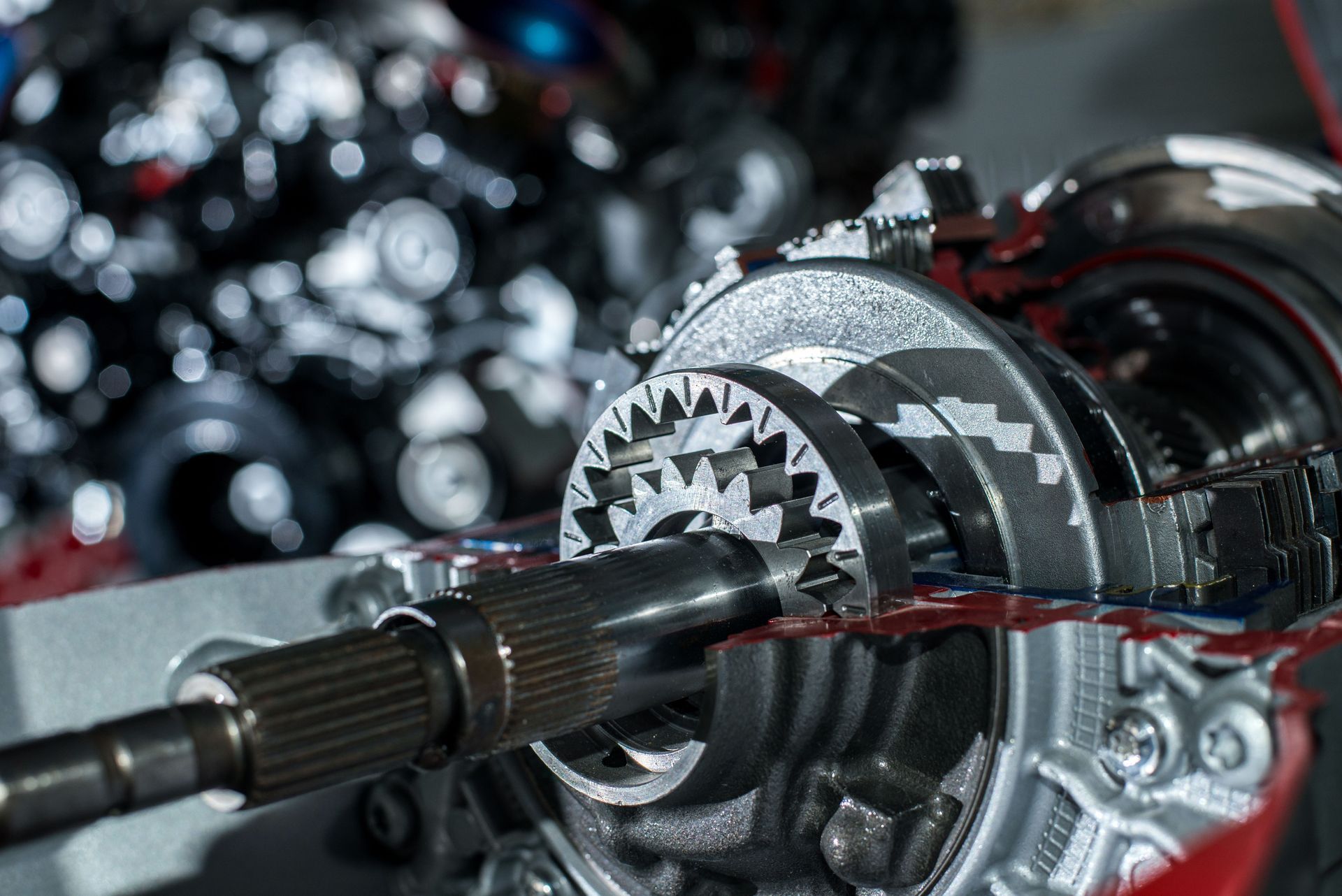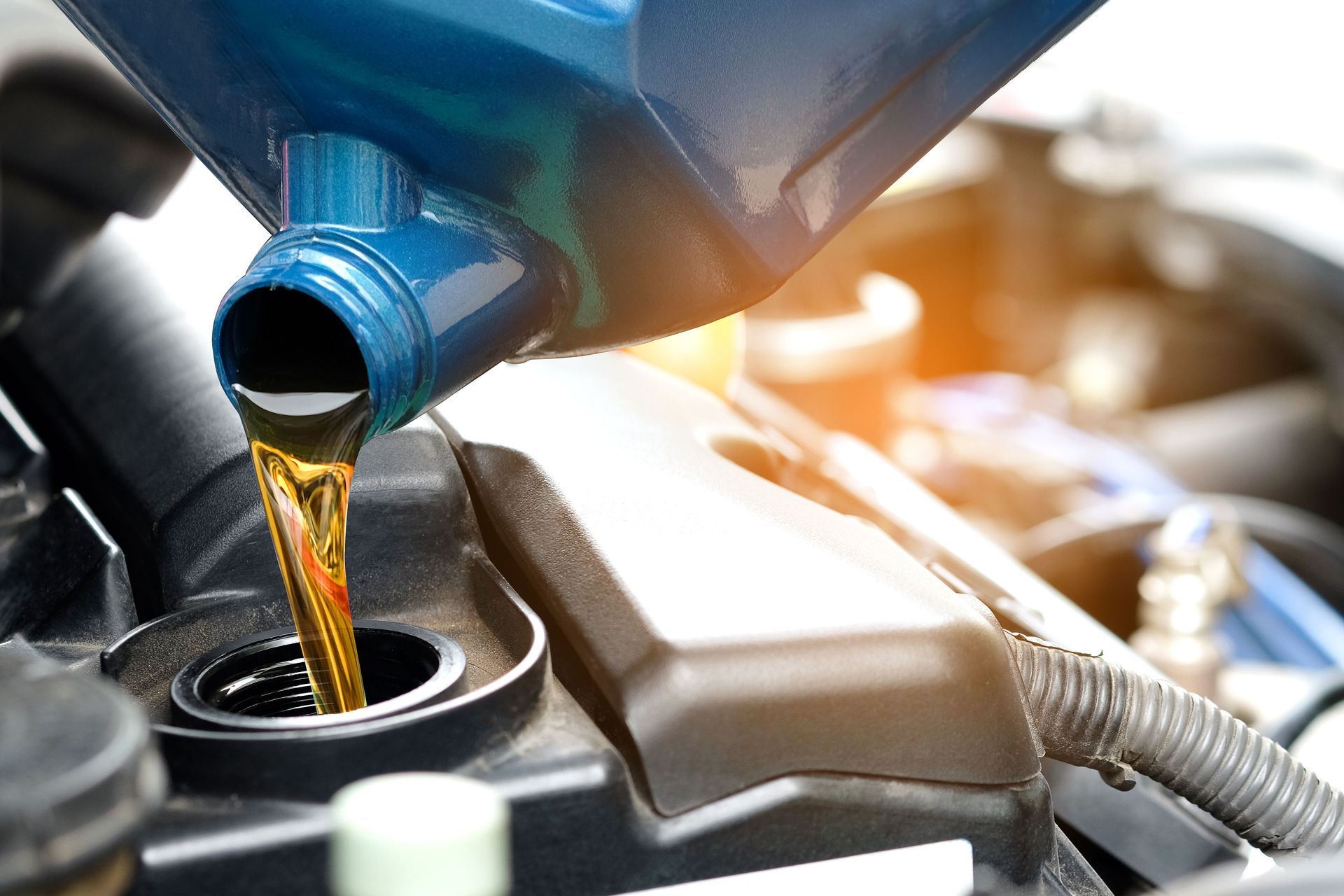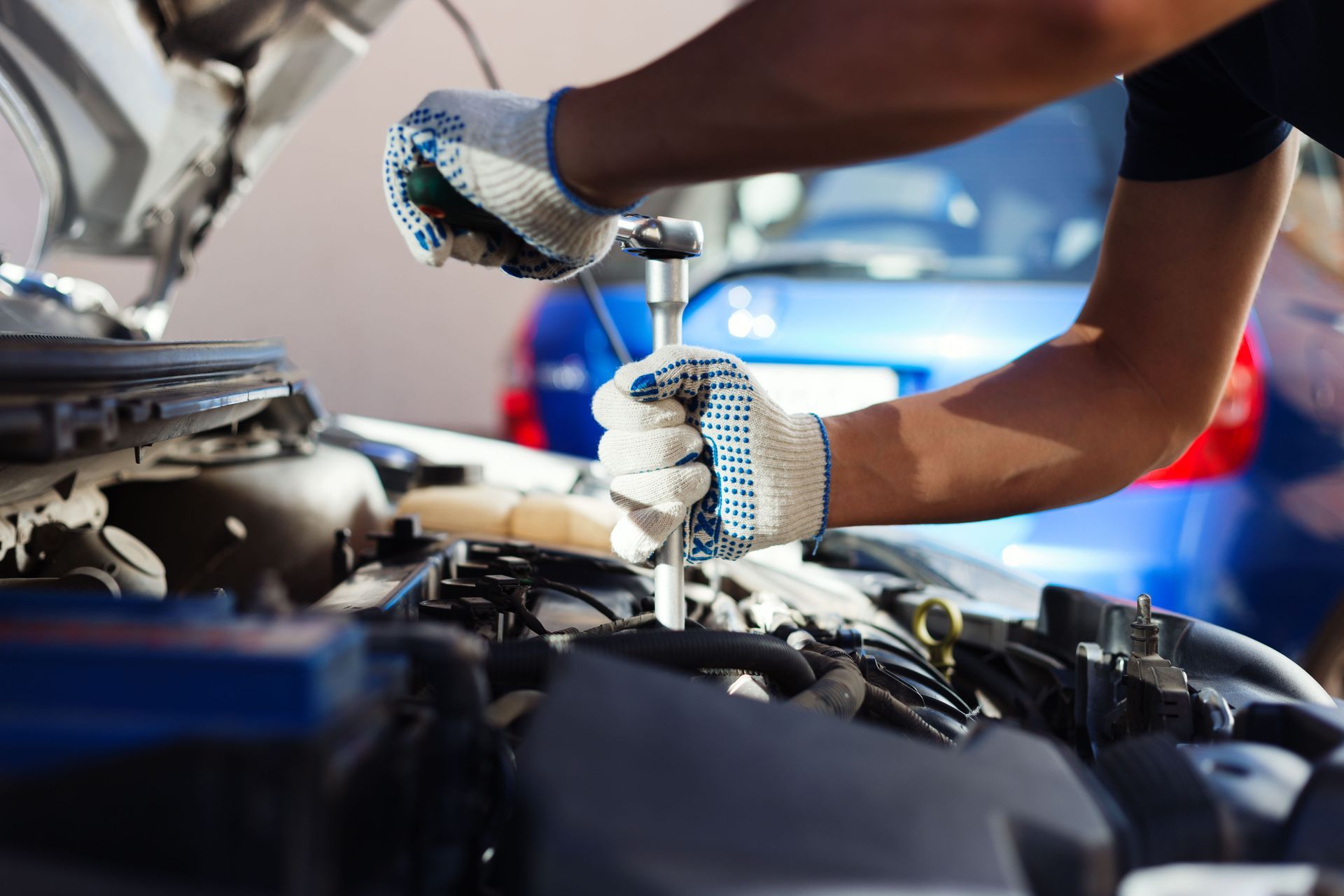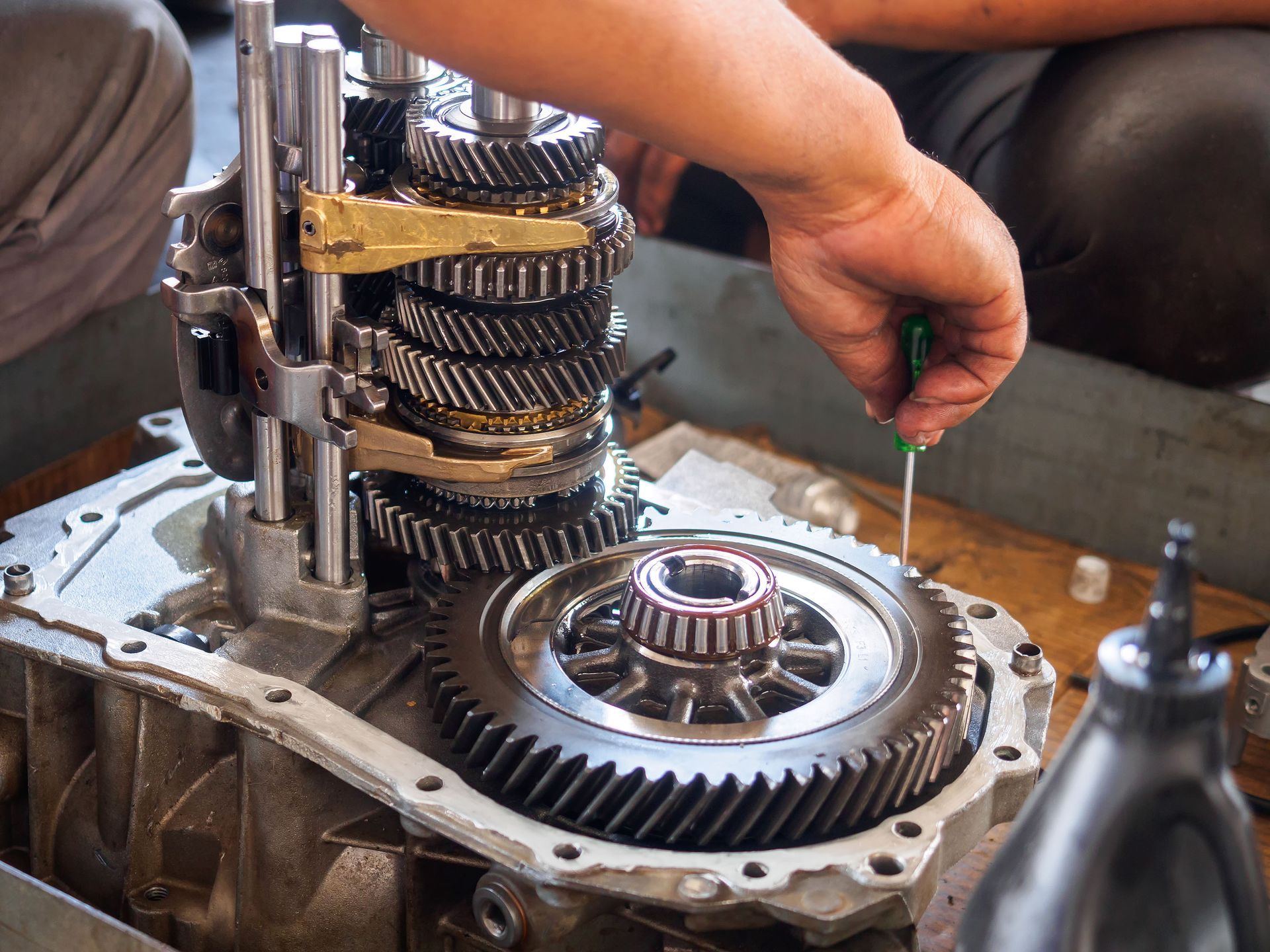Rebuild or Replace? Choosing the Best Transmission Option
Understanding the pivotal role of your vehicle's transmission system is crucial when making maintenance decisions. The transmission is not just a component; it’s the central hub that directs power from the engine to the wheels, ensuring smooth acceleration, deceleration, and overall vehicle control. Ignoring transmission issues or delaying professional transmission repair can lead to severe damage, affecting not only your vehicle’s performance but also its safety and fuel efficiency. With proper attention, timely assessments, and guidance from experienced technicians, you can make informed choices about whether to rebuild or replace your transmission. Navigating these decisions can feel overwhelming, but a clear understanding of the options available, paired with professional expertise, ensures long-term vehicle reliability and confidence every time you get behind the wheel.
Understanding What a Transmission Does
The transmission acts as the intermediary between your engine and the wheels, adjusting power output to provide the correct speed and torque for different driving conditions. It helps regulate acceleration, ensures smooth gear changes, and maintains fuel efficiency, allowing your vehicle to operate reliably across city streets, highways, and varied terrain. When a transmission starts to fail, the engine is forced to compensate, which can result in higher fuel consumption, reduced performance, and potential long-term engine wear, making timely attention critical.
Professional transmission repair ensures that every component—from the gears to the hydraulic system—is functioning correctly, preventing further damage and costly breakdowns. Understanding how the transmission works is essential because it highlights why even minor issues should not be ignored. Regular inspections and assessments by qualified technicians help identify problems early, saving you time, money, and the stress of unexpected vehicle failure. Proactive professional care can extend the life of your transmission and maintain overall vehicle reliability.
Exploring Types of Transmissions
Vehicles today come equipped with various types of transmissions, each tailored to specific driving preferences and performance needs. Manual transmissions allow for precise control over gear selection, providing a more engaged and connected driving experience. Automatic transmissions simplify the driving process by shifting gears on their own, with modern designs offering improved fuel efficiency and smoother operation. Continuously Variable Transmissions (CVT) use a pulley system to provide seamless acceleration, creating a smoother feel while reducing mechanical wear over time. Dual-clutch transmissions combine the advantages of manual and automatic systems, enabling rapid gear changes while maintaining fuel efficiency and overall performance.
Understanding your vehicle’s transmission type is essential for professional transmission repair because each system has unique components and requirements. Technicians need specialized knowledge to diagnose and service the specific transmission type effectively. Proper maintenance and repair depend on this expertise to prevent further damage and ensure longevity. Relying on trained professionals rather than attempting DIY fixes or general service guarantees safety, preserves the vehicle’s performance, and avoids costly mistakes that could compromise the transmission’s functionality.
Identifying Common Transmission Issues
Transmissions are intricate mechanical systems that endure significant stress over time, making them prone to a wide range of issues. Common problems include fluid leaks, which compromise lubrication and cooling, gear slippage that affects overall performance, unusual noises such as grinding or whining, and overheating that can warp or damage critical components. Modern vehicles also rely heavily on electronic transmission control units, which can fail and cause erratic shifting, delayed responses, or warning lights on the dashboard. Recognizing these issues early is key to preventing more serious damage.
Professional transmission repair addresses these problems promptly, ensuring that minor issues do not escalate into catastrophic failures. Skilled technicians carefully inspect each component, replace worn or damaged parts, and verify that the system operates as intended. Ignoring early warning signs can lead to higher repair costs, extended downtime, and even the need for complete transmission replacement. Timely professional intervention not only protects the transmission but also preserves overall vehicle performance and reliability, saving drivers both money and stress in the long run.
Recognizing Symptoms of Transmission Failure
Transmission problems rarely appear overnight, but early symptoms can provide valuable warning signs that should never be ignored. Grinding or clunking noises, hesitation when shifting, gear slippage, burning odors, or warning lights on the dashboard all signal potential issues requiring immediate professional attention. Even minor symptoms can indicate underlying damage that, if left unchecked, may worsen over time and lead to expensive repairs. Recognizing these early warning signs allows drivers to take timely action, preventing further complications and maintaining vehicle reliability.
Seeking professional transmission repair ensures that all issues are accurately diagnosed and addressed. Skilled technicians use specialized tools and expertise to detect both visible and hidden problems, providing a comprehensive solution that restores proper function. Early intervention not only extends the transmission’s lifespan but also protects other vehicle components from stress or damage. By acting quickly, drivers save money, reduce the risk of complete transmission failure, and maintain optimal vehicle performance. Any unusual sounds, smells, or shifts in performance should always be treated as urgent signals rather than minor annoyances.
Considering Rebuilding a Transmission
Rebuilding a transmission involves carefully disassembling the unit, thoroughly inspecting all components, and replacing worn or damaged parts to restore proper functionality. This approach is often more cost-effective than a full replacement, especially when only specific elements require attention. Rebuilding preserves the vehicle’s original components, which is particularly valuable for older vehicles or rare models that may be difficult to source. By choosing a rebuild, drivers can maintain the authenticity and performance of their vehicle while addressing the mechanical issues efficiently.
Expert technicians performing professional transmission repair evaluate each part for wear, clean and refurbish components, and meticulously reinstall the system to restore factory-level performance. Although rebuilds take more time than replacement and warranties may be limited, they offer the opportunity to upgrade certain parts for enhanced durability and reliability. Professional oversight ensures that all underlying problems are addressed, preventing recurring issues and maximizing the transmission’s lifespan. With skilled intervention, a rebuilt transmission can provide long-term performance, allowing drivers to enjoy a smooth, safe, and efficient driving experience.
Evaluating Transmission Replacement
Transmission replacement entails removing the old unit and installing a new or refurbished transmission, often with factory specifications. This option guarantees long-term reliability and performance, addressing problems that a rebuild may not fully resolve. New transmissions usually come with warranties, providing drivers peace of mind and protection against future failures. According to GlobeNewswire, the global automotive automatic transmission market is expected to grow at a compound annual growth rate of three point six percent between 2024 and 2034, reflecting continuous innovation in transmission technology. Choosing replacement ensures optimal functionality for vehicles used daily or for long distances. Professional transmission repair services guarantee correct installation, integration with electronic systems, and thorough testing to ensure smooth operation.
Weighing Factors for Decision-Making
Deciding between rebuilding or replacing a transmission requires evaluating multiple factors, including cost versus benefit, vehicle age and value, driving habits, and the availability of skilled technicians. Rebuilding can save money upfront but may carry risks of recurring issues, while replacement offers long-term reliability at a higher initial cost. Consulting a professional for transmission repair ensures an accurate assessment and helps determine the most practical solution for your vehicle. Understanding warranty options, past vehicle history, and future usage can prevent repeated repairs, saving time and money.
Prioritizing professional guidance ensures your transmission operates efficiently, protecting your investment and maintaining confidence every time you drive. For expert advice and service you can trust, contact TransMatics Transmissions today.





Share On: